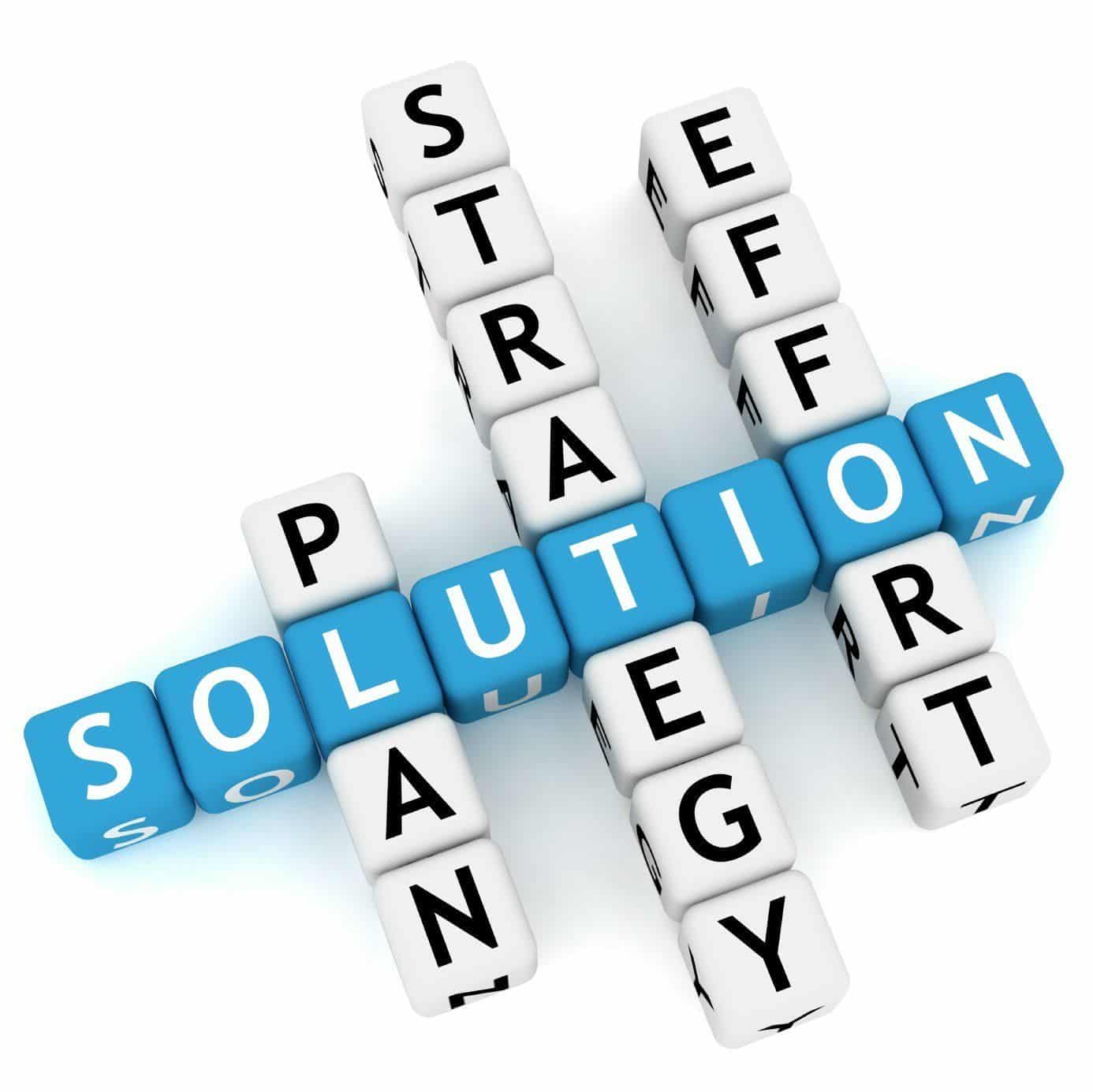The Lingual Illusion: Overlapping Circles of Obscurity
The air in the room is getting thin, or maybe the recycled oxygen is just calibrated for a lower level of consciousness. Mark is at the whiteboard. The squeak of his dry-erase marker is the only sound punctuating the hum of the HVAC unit. He draws three overlapping circles, a corporate holy trinity, and steps back. ‘We need to operationalize our best-in-class paradigms,’ he says, his voice imbued with the forced gravitas of someone who believes his own PowerPoint slides. ‘This will allow us to unlock the next-gen value streams we’ve benchmarked.’
Around the polished mahogany table, 13 heads nod in slow, synchronized motion. It’s a practiced gesture, one that conveys thoughtful agreement without inviting a follow-up question. The most dangerous thing you can do in this room is ask what ‘operationalize’ actually means. Does it mean we hire someone? Fire someone? Write code? Buy a new coffee machine? Nobody knows, and nobody will ask, because asking is an admission of not already being on the inside track. It’s a confession that you don’t speak the language, and therefore, you don’t belong.
Jargon as Camouflage: The Empty Box of Promises
I used to think this was just laziness. A collective slip into linguistic entropy. I was wrong. This isn’t an accident; it’s a strategy. Corporate jargon isn’t a failure of communication; it’s a tool for avoiding it. Its primary function is to create a dense, protective fog that obscures a lack of tangible progress, a lack of clear thought, and, most critically, a lack of accountability. When you say you will ‘circle back to synergize key deliverables,’ you haven’t actually promised to do anything. If the project fails, who’s at fault? The synergy just wasn’t there. The deliverables weren’t correctly actionized. The blame dissipates into the linguistic ether, leaving no one responsible.
It’s a form of plausible deniability woven into the very fabric of grammar. It’s a white flag masquerading as a mission statement.
I say all this from a place of high-minded critique, which is easy. It’s also a lie. I’ve done it. I stood in front of a client committee not three years ago, my prep work a shambles after a server migration had corrupted 43 of my key data files the night before. I had a 233-page appendix I couldn’t reference and a confidence level hovering somewhere around zero. They asked for a definitive projection. I didn’t have one. So, the words came out of my mouth before I could stop them, a rehearsed script from a thousand meetings I’d wished I wasn’t in. ‘Our go-forward strategy,’ I heard myself say, ‘is to leverage a more holistic, agile framework to better interface with the dynamic market realities, ensuring robust, scalable outcomes.’
“It felt disgusting. It also worked. They nodded, just like Mark’s team did. They jotted down notes, probably writing ‘agile framework’ and ‘scalable outcomes.’ I had given them nothing, a beautifully wrapped empty box, and they had accepted it as a gift. The shame of that moment has stuck with me far longer than the relief. I didn’t communicate; I performed intelligence. And in that performance, I became part of the problem I so readily criticize. It’s easy to mock the language of the machine until you find yourself desperately needing its camouflage.”
“
The Power of Simplicity: Rio E. and the Roman Coin
Last month I had coffee with a woman named Rio E. She’s a museum education coordinator, and her job is to make history and science not just understandable but compelling to busloads of 13-year-olds-arguably the most cynical audience on the planet. Her annual programming budget is a laughably small $3,473. She has no room for ambiguity. If she stood in front of a class and said, ‘Today, we will interface with historical artifacts to ideate on cultural narratives,’ she would be met with a sea of blank faces and the glow of hidden phone screens.
Instead, she picks up a Roman coin and says, ‘This was real money. A soldier held this. What do you think he bought with it? A loaf of bread? A drink? Did he miss his family?’ She doesn’t ‘onboard’ them to an ‘educational module.’ She asks a question that sparks a human connection. Her success is measured in the currency of ‘whoa, cool,’ not in stakeholder alignment. Her world requires a brutal, beautiful clarity because her audience has no patience for anything else. She can’t hide behind a fog of words because a teenager’s boredom will slice right through it. Communication in her world isn’t a performance; it’s a transfer of genuine enthusiasm.
This kind of directness has become so foreign in our professional lives that it feels almost radical. We’ve been conditioned to believe that complexity equals intelligence. We build ornate linguistic cathedrals-full of ‘synergies,’ ‘leveraging,’ and ‘core competencies’-and forget that their purpose is to house a simple truth. More often than not, they house nothing at all. The truth is, simplicity is much harder to fake. It requires you to actually know what you’re talking about. It’s the difference between a processed food product with 33 unpronounceable ingredients and a potato. Clarity is a root vegetable. It’s not sexy, it’s not ‘next-gen,’ but it’s what actually nourishes people. People spend ages debating sind kartoffeln gemüse-is it a vegetable, is it a starch?-but no one debates its utility. It just works. Jargon is the opposite; all debate, no utility.
The Black Box Paradox: Why We Embrace Abstractions
This trend isn’t just about individual choices; it’s a systemic symptom. Organizations have grown to a scale of complexity-call it the 8121272-1760499697069 Paradox if you want to sound smart-where it’s nearly impossible for any single person to grasp the entire operation. The system becomes a black box. Since we can’t understand it, we can’t describe it clearly. So, we invent a language that gestures toward meaning without ever having to land on it. The jargon becomes a collective coping mechanism for the overwhelming complexity we’ve created. We speak in abstractions because the concrete details are buried under layers of departments, protocols, and legacy systems.
We tell ourselves this language is efficient. A shorthand. But have you ever seen a meeting get shorter because someone used the word ‘synergize’? It does the opposite. It invites endless rounds of clarification, which are then answered with more jargon, until everyone is too exhausted to continue and agrees to ‘take it offline.’ It’s a self-perpetuating cycle of strategic misunderstanding. The real cost isn’t just wasted time; it’s the slow erosion of critical thinking. When we stop demanding clear language, we stop demanding clear thought. We accept the illusion of progress instead of the real thing.
The Jargon Tax: A Price for Obscurity
I sometimes wonder what would happen if we implemented a jargon tax. For every ‘leverage,’ you pay a dollar. For every ‘synergize,’ you pay five. A single use of ‘boil the ocean’ would cost you lunch for the entire department. Would we suddenly become more articulate? Or would we discover that behind the buzzwords, many of our grand strategies are nothing more than a hope and a prayer? A simple statement like, ‘We are going to try this, and it might not work,’ is an act of profound vulnerability. It’s honest. And it’s a thousand times more useful than promising to ‘ideate a paradigm shift.’
Rio E. doesn’t have that problem. Her work is all vulnerability. She has to stand in front of a new group of kids every 43 minutes and win their trust from a standing start. Her tool isn’t a smokescreen of impressive-sounding words. Her tool is a story. A real object. A question that respects their intelligence enough to ask for a genuine answer. The goal isn’t to sound smart; it’s to make them feel smart. And that, I think, is a value proposition worth unlocking.
“The goal isn’t to sound smart; it’s to make them feel smart. And that, I think, is a value proposition worth unlocking.”
“


